What is National Mental Health?
National mental health relates to how well a nation is coping mentally as well as the resources available to help them. This gives rise to policies, mental health services, discrimination awareness programs, and all the other forms of support that comes with mental illness. It involves more than the management of mental disorders. The aim is to achieve is enhance emotional well being for every single person out there.
Why National Mental Health Should Be a Priority The
Mental Health Is A Universal Phenomenon
Mental health or the lack of it affects everyone from the young to the elderly. More severe forms such as schizophrenia, bipolar disorders can set in too. Untreated mental health complications has dire effects on family, community, schools, business and employment and the economy as a whole.
Financial Consequences
The World Health Organization has come to the conclusion that productivity profit losses resulting from anxiety and depression totals above $1 trillion per year. Financing services for mental health leads to large savings throughout the experience.
Primary Issues Pertaining to National Mental Health Framework
Lack of Access to Care.
In Sub-Saharan Africa and parts of Asia Mental health practitioners remain inaccessible in a number of countries. Mental health patients in those areas usually go without care or attend sessions with a mental health professional after a long waiting period.
Social Stigma.
Stigma prevents a very big fraction of people who need to seek help from attending therapy sessions. A barrier dismantling national awareness campaigns will result in helping a lot of people who would ordinarily remain stuck in the cycle of illness.
Untapped Funding.
It is a very common practice around the world for a government or an organization to allocate very small fractions of the total funds to mental health services. In order to have realistic expectations, mental health services delivery systems set forth ever increasing demands and expectations.
Improving the Mental Health Framework Nationally.
Increase Policy Policy verticals at the border, Make it so Communities and Private Treatment Sectors. Pay close attention to the dissemination of mental health awareness, but do not forget literacy about emotionally intelligent education at Primary Schools.
Train Psychology.
There better be counselors, social workers, and psychologists wherever there are new students to cater for their cravings ranging from emotions to academic.
Integrate Mental Health with other Hobby Activities.
When a person trying to be healthy, they often take part in hobbies. Merging ‘being-healthy’ and hobby-activities request simpler access to support without harsh stigma from outsiders.
Support Community Based Health Care.
Rather than relying entirely on stationary hospitals, care should be available around the community – at local clinics, schools, or even mobile health docking stations.
Cases of International Mental Health Initiatives
America
The United States of America’s National Institute of Mental Health (NIMH) is responsible for undertaking research alongside funding mental health programs, whilst throughout the country there are also national helplines and provision of insurance for mental health services is offered under the Affordable Care Act.
Britain
The NHS provides completely free mental health services to the population and all schools in the UK now teach mental health topics in class.
Australia
Beyond Blue works towards reducing the prevalence of anxiety and depression within Australia. They provide resources through the internet and the local organizations they partner with.
How Technology Can Aid in Mental Health Issues
These advancements aid those in need of care, especially in regions where traditional support is isolated or lacking, including remote and underserved areas.EMAIL
What You Can do To Aid in the National Mental Health Initiatives
Converse about mental health issues freely with others to countereds the perception that will aid in breaking the stigma associated with discussing one’s mental health issues.
- Support services and policies that improve mental health care by voting or advocating.
- Make donations to organizations concerned with mental health issues or offer to volunteer.
- Work to promote self-understanding and help others learn to assist others through education.
Conclusion
Mental health on a national scale is not simply a private concern, rather it is an issue of public concern. When mental health is given precedence at the national level, it has a more positive effect in making communities healthier, more productive, and even more empathetic. It does not matter if you’re a policymaker or a teacher, parent or a friend—everybody contributes to mental wellness in one way and supports it.

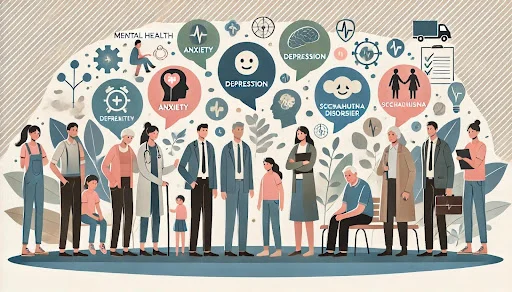
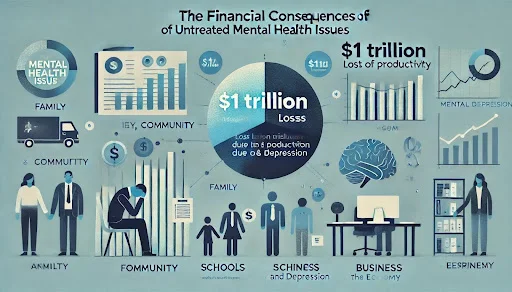
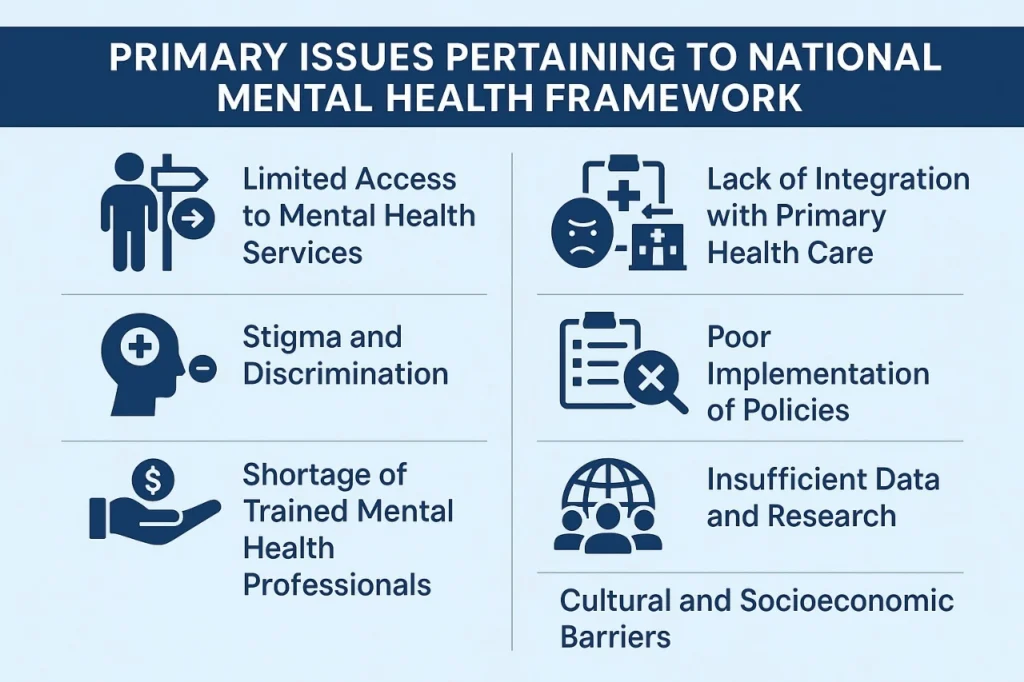
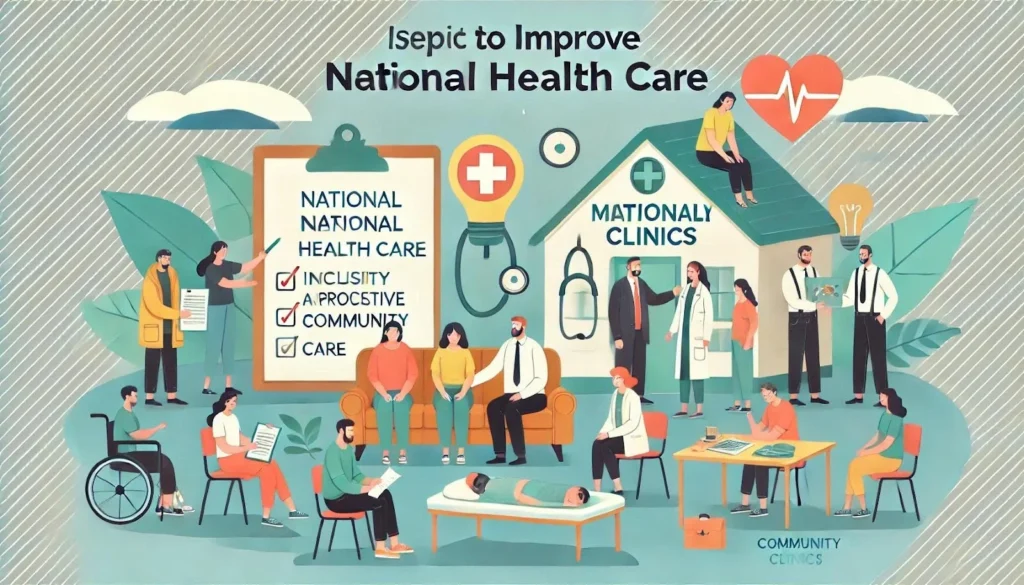
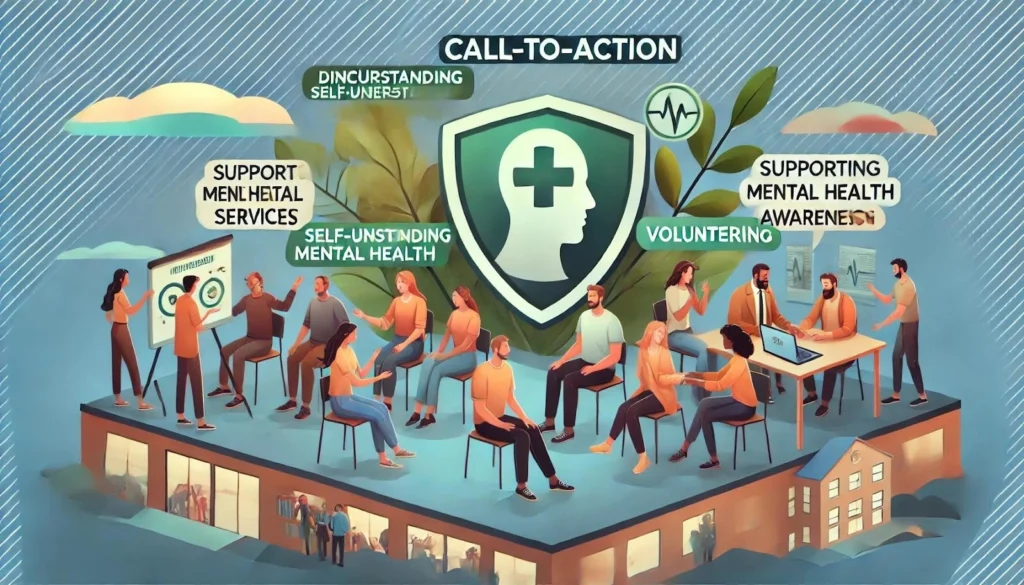




1 COMMENTS